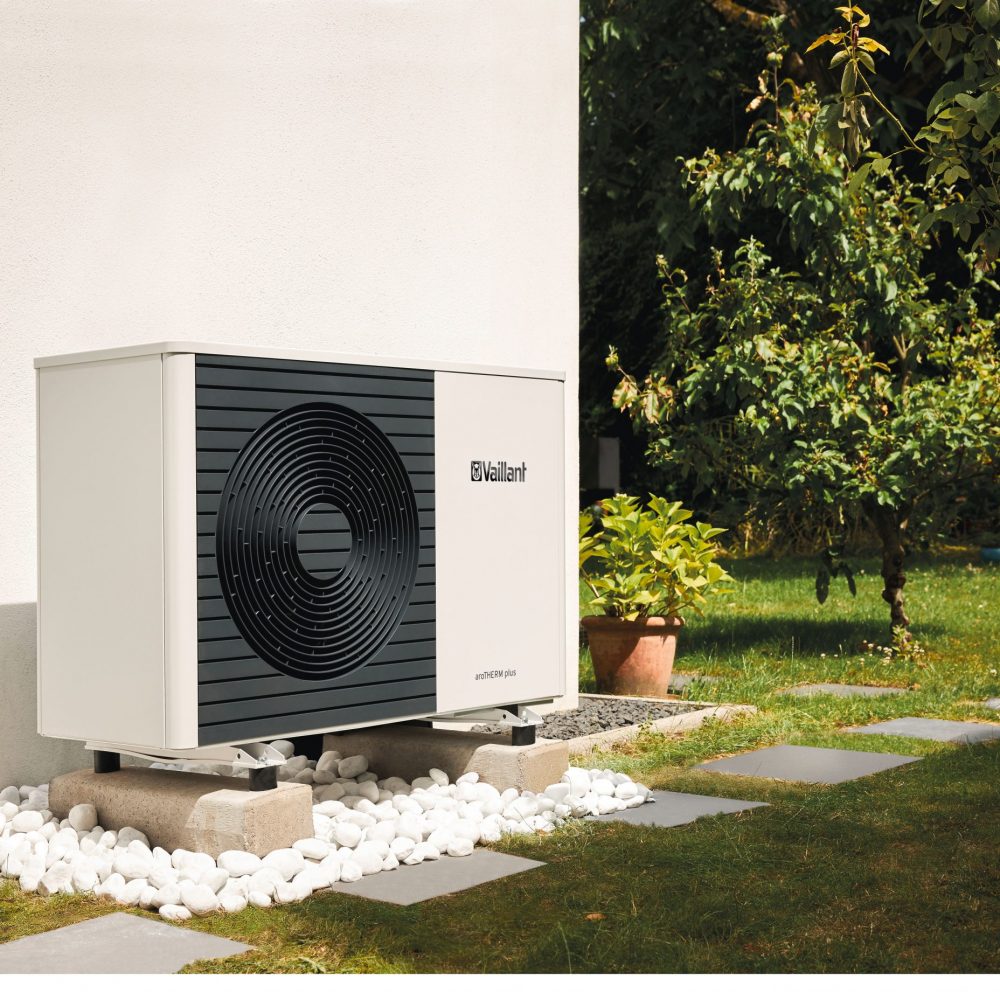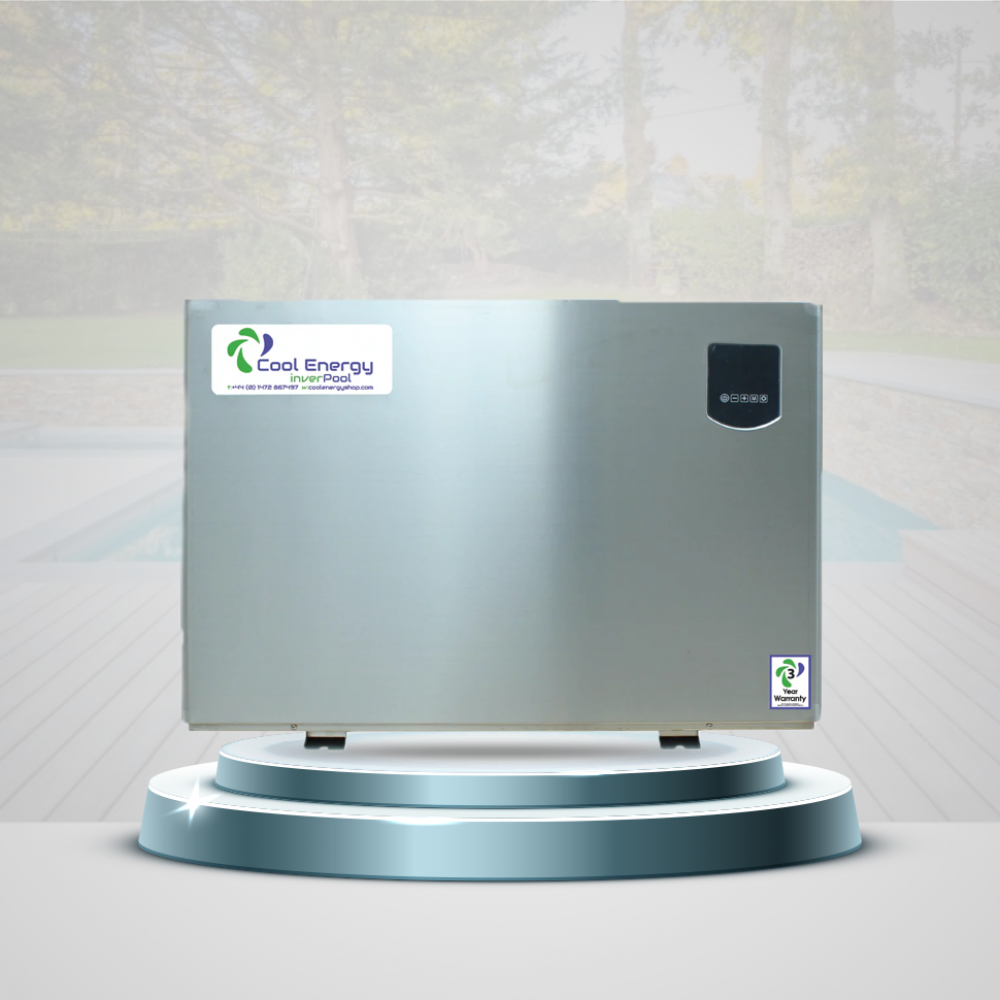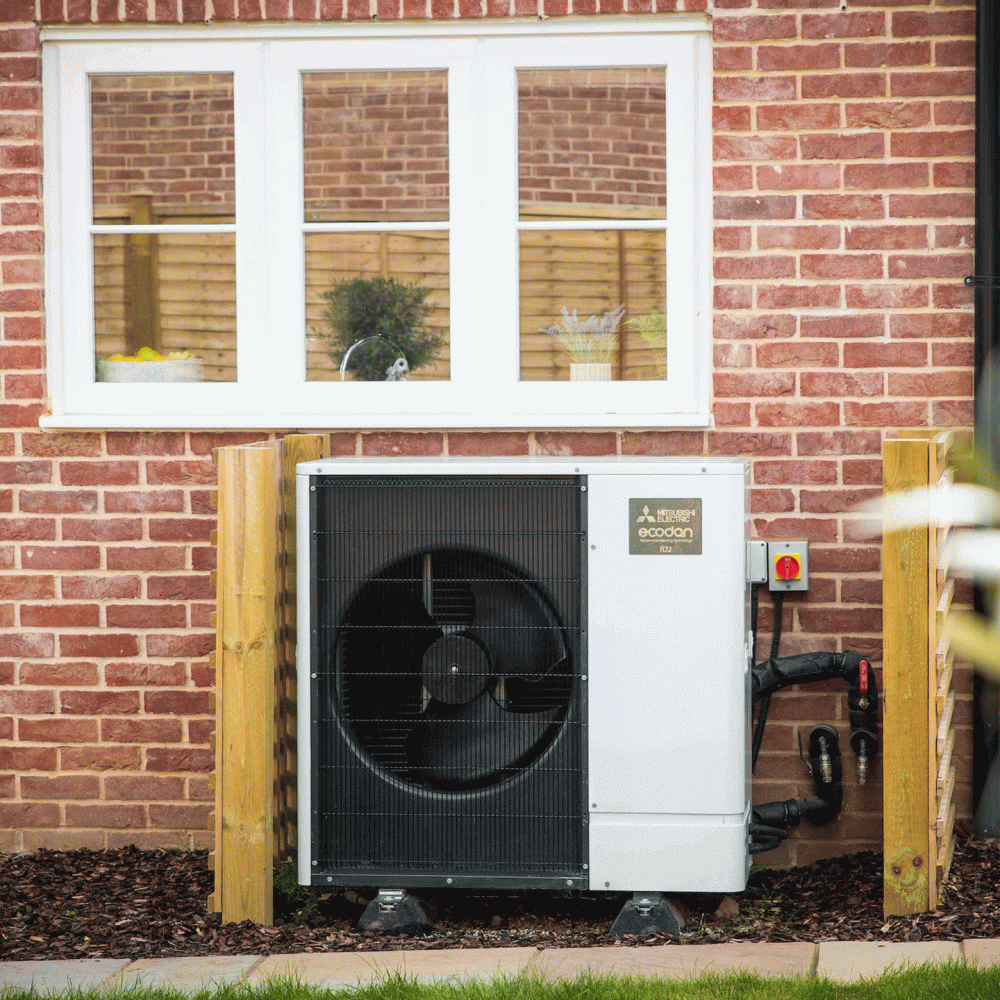How Air Source Heat Pumps Work?
Welcome to our comprehensive guide on air source heat pumps! We'll explore the fascinating technology behind air source heat pumps and how they can efficiently provide both heating and cooling for your home or business.
What is an Air Source Heat Pump?
An air source heat pump (ASHP) is a renewable energy system that utilizes the principles of thermodynamics to transfer heat from the outdoor air to the indoors (or vice versa) to regulate the temperature of a building. These devices are capable of providing cost-effective heating and cooling solutions all year round, making them an excellent alternative to traditional heating, ventilation, and air conditioning (HVAC) systems.


The Operating Principle.
At its core, an air source heat pump works similarly to a refrigerator but in reverse. It consists of several essential components, including an evaporator, a compressor, a condenser, and an expansion valve. These components work in harmony to transfer thermal energy and maintain a comfortable indoor climate.
Evaporation: The process starts with the outdoor unit of the heat pump. Here, a refrigerant with a low boiling point is passed through the evaporator coil. As the air from the surroundings blows over the coil, the refrigerant absorbs heat from the outside air and evaporates into a low-pressure gas.
Compression: The low-pressure gas is then drawn into the compressor, where it undergoes compression. The compressor raises the pressure and, consequently, the temperature of the refrigerant, turning it into a high-pressure gas.
Condensation: The high-pressure gas flows through the condenser coil, which is located in the indoor unit of the heat pump. As the refrigerant releases its heat to the indoor air, it condenses back into a liquid state.
Expansion: The liquid refrigerant passes through an expansion valve, which reduces its pressure. This process prepares the refrigerant for the next cycle by lowering its temperature significantly.
Repeat: The now cool and low-pressure refrigerant returns to the outdoor unit, where it starts the process anew by absorbing heat from the outdoor air.
Find a renewable expert
for your next project - Get a heat pump quote
in your job come to you.
Heating Mode vs. Cooling Mode
The versatility of air source heat pumps lies in their ability to provide both heating and cooling functions. During colder months, the heat pump extracts heat from the outdoor air (even in sub-zero temperatures) and transfers it indoors, providing cozy warmth for your space. In warmer months, the process is reversed: the heat pump extracts heat from indoor air and releases it outside, creating a refreshingly cool atmosphere.
Efficiency and Environmental Impact
One of the most significant advantages of air source heat pumps is their efficiency and eco-friendliness. Since they move heat rather than generate it through combustion, they can provide up to four times the energy they consume, resulting in considerable energy savings compared to conventional heating systems. Additionally, ASHPs produce no direct emissions, reducing your carbon footprint and contributing to a greener environment.

Frequently Asked Questions
Heat Pumps
An air source heat pump is a low-carbon technology that extracts heat energy from the air, even when it is cold outside, and uses it to warm your home.
Air source heat pumps perform exceptionally well, able to work at over 400% efficiency. Because they use a renewable, natural source of heat, they produce far fewer CO2 emissions than fossil fuel heaters. They also have comparatively low running costs.
Air source heat pumps extract heat from the air outside your home and absorb it into a liquid. This liquid then passes through a heat exchanger into the heat pump, which increases the temperature and transfers the heat to cool air or water. Finally, the heat is sent to your radiators, underfloor heating, or hot water tank.
Yes! Anyone replacing their gas or oil boiler with a low carbon heating system (such as heat pumps) can apply for a £5,000 grant from the government.
Air source heat pumps can work productively in temperatures as low as -25.
Yes, air source heat pumps are an energy efficient heat source when designed to full MCS Standards.
Air source pumps are generally quieter than fossil fuel boilers; they are around the same decimal as an air conditioner. When we install your unit, we will make sure it isn’t placed anywhere that could disturb you or your neighbours.
Yes. An air source heat pump will usually be able to provide all the heating and hot water you need. In addition, they are typically more efficient than a gas boiler, saving you money on your heating bills.
Compared to boilers, air source heat pumps are very safe. The refrigerant is completely sealed and kept outside the home, and there is no risk of carbon monoxide leaks. The worst you can expect is a breakdown or water leak.
Heat from air source heat pumps can be used for heating your home via radiators or underfloor heating, as well as for hot water.
Find out more
about the best Heat Pump brands
Find a renewable expert
for your next project - Get a heat pump quote
in your job come to you.













